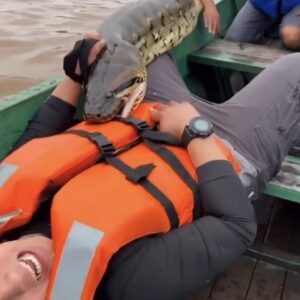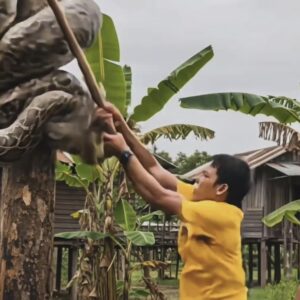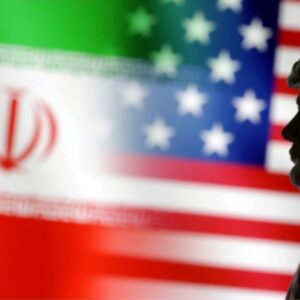It started as any other morning—a quiet visit to my father’s grave. By the next day, I found myself in a police station, falsely accused of theft. All because of a single act of kindness toward a grieving blind woman.
Grief has a way of stretching time, making every memory sharper. Six months had passed since my father’s death, but the ache remained. Weekly visits to his grave became my solace, a time to say what I couldn’t in life.
That morning, the air was crisp, rustling the leaves of towering oaks. I stood by his grave, clutching white lilies, his favorite flower. “Goodbye, Dad,” I whispered, brushing away a tear.
As I turned to leave, I noticed an elderly woman a few rows away, leaning on a white cane by a freshly turned grave. Her frail figure and slumped shoulders spoke of profound grief.
“Excuse me,” I said gently, approaching her. “Do you need help?”
She smiled faintly. “Oh, thank you. My sons were supposed to pick me up, but it seems they forgot. Could you walk me home?”
Forgotten? I felt a pang of anger but nodded. “Of course.”
Her name was Kira. As we walked, she shared her sorrow—her husband Samuel had passed away just days before. “Forty-two years of marriage,” she said, voice breaking. “And now, I’m alone.”
I squeezed her arm. “I’m so sorry.”
Her pain ran deep, tinged with bitterness. “My sons—Ethan and Mark—they didn’t even wait for me. Samuel always said they cared more about our money than us.”
When we reached her modest brick home, she invited me in for tea. Her house, warm and filled with faded photos, contrasted with her somber mood. One picture showed a younger Kira and Samuel in front of the Eiffel Tower.
As she brewed tea, she mentioned Samuel’s habit of installing security cameras around the house. “He didn’t trust the boys,” she said, shaking her head.
I promised to check in soon and left, her words lingering in my mind.
The next morning, loud knocking woke me. Two furious men and a police officer stood at my door. “That’s her!” one of the men shouted.
“Ma’am, do you know a woman named Kira?” the officer asked.
“Yes,” I replied, bewildered. “I walked her home yesterday.”
“You robbed her blind!” the man accused.
“What?” I gasped. “I would never—”
At the station, Kira was waiting. Her face lit up when she saw me. “Thank goodness,” she said, gripping my hand. “I told them you didn’t do it.”
“Then why am I here?”
Her sons squirmed nearby. “They accused you because they’re greedy,” Kira said bluntly. “Samuel’s cameras caught everything.”
Footage confirmed my innocence and showed her sons stealing cash and jewelry after I left. They were arrested for theft and filing a false report.
“I’m so sorry,” Kira said, holding my hand. “Samuel warned me, but I didn’t want to believe it.”
In the weeks that followed, I visited Kira often. Our bond, forged through grief and betrayal, grew stronger. “Sometimes,” she said one afternoon, “the family you choose is better than the one you’re born with.”
Her words stayed with me as I walked home under the setting sun. In her, I found an unexpected sense of family—and a reminder that even in darkness, kindness can light the way.






